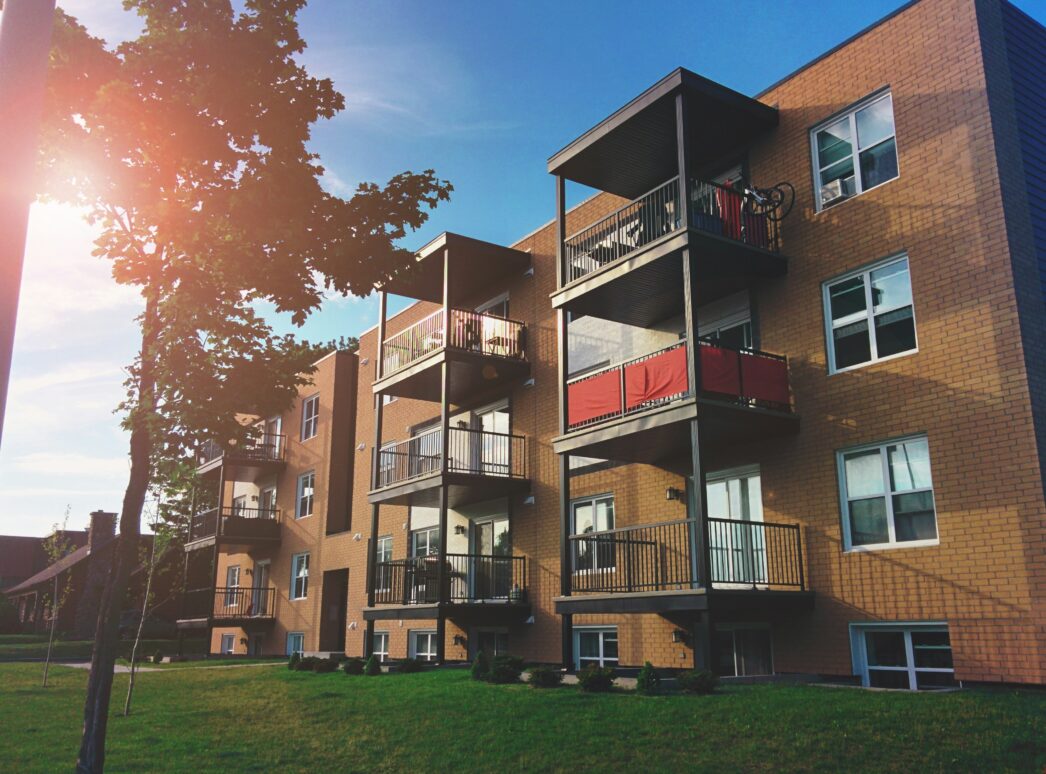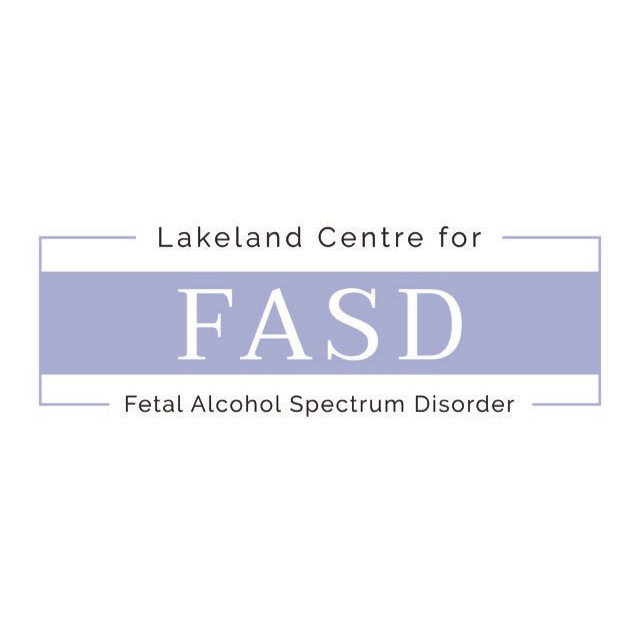Last year, the New Brunswick FASD Centre of Excellence launched the New Brunswick FASD Supportive Housing Framework.
How to help students with FASD follow directions
With thoughtful strategies and consistent support, educators can help set students up for success.
CanFASD calls for urgent action to reform mental health care in federal corrections
CanFASD is calling for urgent reform in how mental health and cognitive disabilities are addressed in federal corrections.
What’s happening in Parliament right now for FASD
Important progress is underway in Parliament that could significantly improve outcomes for Canadians with FASD and help prevent alcohol use in pregnancy.
How a local FASD program became a provincial game-changer
In 2017, Angela Kemble of the Northwest Central FASD Network (renamed to Willow Winds FASD Network) identified a persistent and concerning trend: individuals with FASD were significantly overrepresented in Alberta’s correctional system – yet the vast majority lacked appropriate support.
Transitional Mentorship Program – changing the trajectory for individuals with FASD in Alberta’s correctional system
Alberta is transforming the way Correctional Services supports individuals with FASD.
Alberta FASD clinics spark national dialogue on diagnostic guidelines
In May 2025, the Lakeland Centre for FASD Rajani FASD Diagnostic Training and Support Services held its annual meeting for all the FASD diagnostic clinics in Alberta.
What Alberta’s mental health report reveals about disability and access
We were encouraged to view the release of “What We Heard: Access to Mental Health Services and Resources for Persons with Disabilities”.
The dangers of online trends: FASD and celebrity speculation
Over the past few years there has been an increase in behind-a-phone-screen “diagnosis” of celebrities and public figures with disabilities like FASD.
FASD and the Legal System: Why Training Matters
Recent headlines have underscored the need for more FASD training and understanding at all levels of the criminal legal system.








